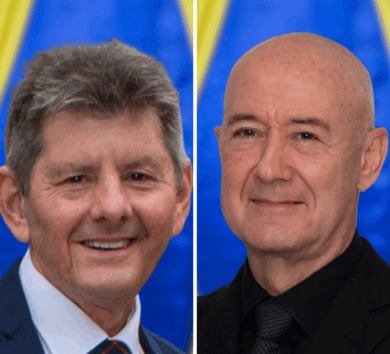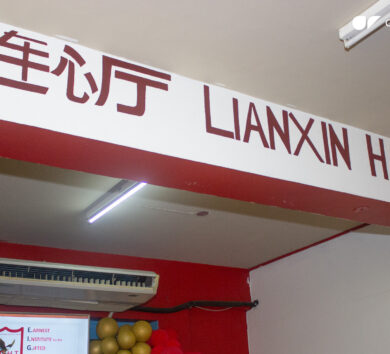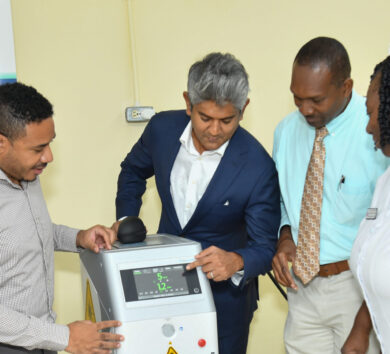

Prime Minister Andrew Holness is calling for political consensus in dealing with the matter of crime in Jamaica.
Holness, speaking at the public presentation of the National Commission on Violence Prevention held at Jamaica House on August 11, noted that “we haven’t been able to get to political consensus”.
“We are attempting it. We have a framework in place, we have the Crime Monitoring Oversight Committee (CMOC), but we haven’t reached genuine consensus on how to tackle crime,” he said.
The prime minister said it is hoped that once the political class is confronted with factual data, recommendations, and conclusions from the commission, which is an independent body, they “would then have to look at it and come to a reasonable understanding as to what we need to implement”.
Holness argued further that reaching an agreement is important in ensuring continuity of policy measures when administrations change.
“There are some things that you can put into law, but governments change and the priority for enforcement can change. But… once you have that underpinning consensus, then you can really make the change,” he contended.
He pointed out that the entire country benefits from the agreement on a strategy that effectively treats with crime and violence.
“So, I am using this platform to say to our counterparts in the Opposition, let us create a space in which the treatment of violence is not contested politically and that we share in the victory of overcoming violence. That is going to be a signal achievement for the country, and it doesn’t have to be anybody getting political benefit off it,” he added.
The commission, chaired by Professor Maureen Samms-Vaughan, is mandated to conduct a continuing comprehensive review of all existing public and private violence-prevention programmes as well as the
strategies of the Government.

Its purpose is to identify gaps in the prevention and intervention services and to make recommendations with respect to violence prevention and intervention programmes.
Professor Samms-Vaughan, in her presentation, said that nearly 80 per cent of the population live in communities where there is trauma.
“The majority of the communities that have zero crimes are deep rural communities. We have a lot to learn from them,” she pointed out.
Providing statistics on how violence plays out in children’s daily lives, she said that before a 12-year-old in urban Jamaica leaves home, he/she would have witnessed an act of violence.
“Two out of three see and hear verbal abuse, one out of three see adults throwing objects and hitting each other, one out of five see adults beat each other, threaten or use a gun or knife. The prevention arm is dispute resolution and addressing gender-based violence, intimate partner violence and family violence,” she disclosed.
Samms-Vaughan noted that children also have personal experiences of violence before they leave home.
“Eight out of 10 get verbal aggression, eight out of 10 get hit. So, the prevention aspect here is parenting support, including mental health [assistance] and legislation to ban corporal punishment,” she noted.
“All of this has to be based on public education that brings everybody together…to discuss our harmful cultural norms, to discuss the impact of violence on our children and to discuss specific prevention mechanisms,” Professor Samms-Vaughan said.







Comments